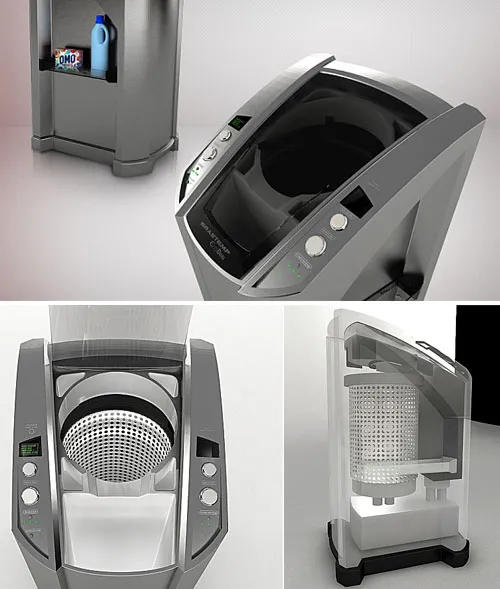In today’s world, where climate change and water scarcity are becoming increasingly pressing issues, the need for innovative water conservation solutions has never been more urgent. Smart technology is revolutionizing the way we manage our water resources, offering new ways to monitor, control, and optimize water usage. From smart irrigation systems to water-efficient appliances, the possibilities are endless. In this article, we will explore the rise of smart technology in water conservation and how it is reshaping the way we think about water management.
The Impact of Water Scarcity
Water scarcity is a global challenge that affects millions of people around the world. According to the United Nations, by 2025, two-thirds of the world’s population could be living in water-stressed conditions. This crisis is exacerbated by climate change, population growth, and inefficient water management practices. As a result, there is an urgent need to find innovative solutions to conserve water and ensure its sustainable use for future generations.
Smart Irrigation Systems
One of the most promising applications of smart technology in water conservation is smart irrigation systems. These systems use sensors, weather data, and artificial intelligence to optimize watering schedules based on plant needs and weather conditions. By ensuring that plants receive the right amount of water at the right time, smart irrigation systems can significantly reduce water waste and improve plant health.
Smart irrigation systems can also detect leaks and malfunctions in the irrigation system, allowing for quick repairs and preventing water loss. Some systems can even be controlled remotely through a smartphone app, giving users the ability to adjust watering schedules from anywhere in the world. This level of control and automation not only saves water but also saves time and energy for users.
Water-Efficient Appliances
Another key area where smart technology is making a difference in water conservation is in household appliances. Water-efficient appliances, such as washing machines, dishwashers, and toilets, use advanced sensors and technologies to reduce water consumption without sacrificing performance.
For example, smart washing machines can adjust water levels based on the size of the load, while smart dishwashers can optimize water usage based on the type and amount of dishes being washed. Similarly, smart toilets use low-flow technology and sensors to minimize water usage with each flush. These water-efficient appliances not only help conserve water but also reduce utility bills for consumers.
Leak Detection and Monitoring
One of the biggest sources of water waste in homes and buildings is leaks. A small leak in a pipe or faucet can waste hundreds of gallons of water per day if left unchecked. Smart technology is now being used to detect leaks early and monitor water usage in real-time.
Smart leak detection systems use sensors to detect leaks and alert users through a smartphone app or email. Some systems can even automatically shut off the water supply to prevent further damage. By catching leaks early, these systems can help save water, prevent property damage, and reduce repair costs.
Challenges and Opportunities
While smart technology offers great promise for water conservation, there are still challenges to overcome. One of the biggest challenges is the cost of implementing smart water systems, which can be prohibitive for some households and communities. However, as technology advances and becomes more affordable, the adoption of smart water systems is likely to increase.
Another challenge is the need for education and awareness about the benefits of smart water technology. Many people are still unaware of the potential water savings and environmental benefits of smart water systems. By raising awareness and providing incentives for adopting smart technology, we can accelerate the transition to more sustainable water management practices.
The Future of Water Conservation
As the global population continues to grow and water resources become increasingly scarce, the need for innovative water conservation solutions will only continue to grow. Smart technology offers a promising way to address this challenge by providing new tools and methods for monitoring, controlling, and optimizing water usage.
With the rise of smart irrigation systems, water-efficient appliances, leak detection systems, and other innovative technologies, the future of water conservation looks bright. By harnessing the power of smart technology, we can create a more sustainable and water-efficient world for future generations to enjoy.
Overall, the convergence of smart technology and water conservation is a game-changer in the fight against water scarcity and climate change. By embracing these innovations and working together to promote sustainable water management practices, we can ensure a better future for our planet and all its inhabitants.
Conclusion
In conclusion, smart technology is transforming the way we think about water conservation. From smart irrigation systems to water-efficient appliances, the possibilities for saving water and reducing waste are endless. By harnessing the power of smart technology and working together to raise awareness and promote sustainable practices, we can create a more water-efficient world for future generations to enjoy.
#Smart #Technology #Meets #Water #Conservation #Rise #Innovative #Water #Systems
